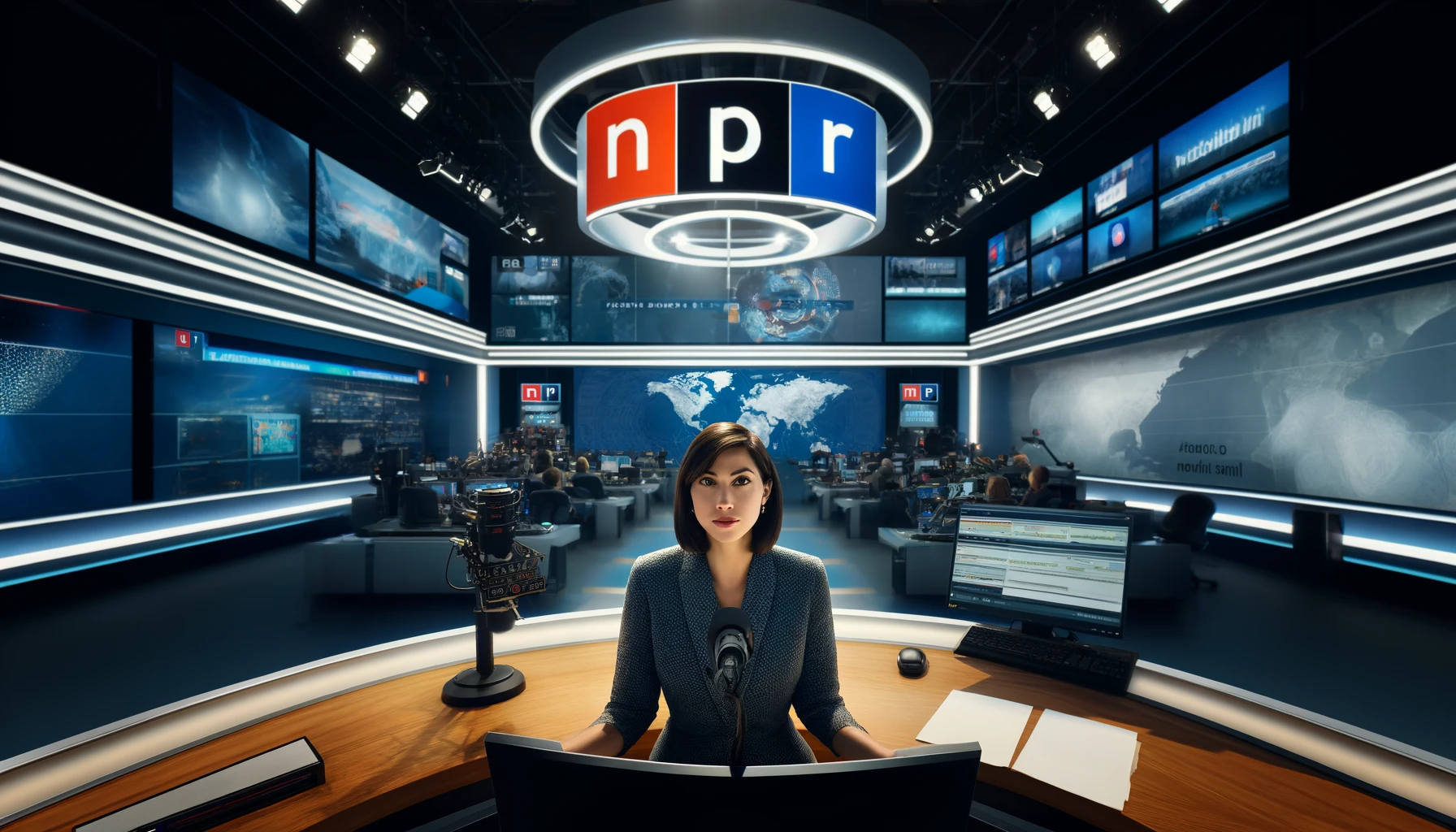Uri Berliner, the senior business editor at National Public Radio (NPR), faced a suspension due to a breach of internal policy. The suspension followed the publication of an essay by Berliner that criticized the network for perceived liberal bias influencing its coverage.
Berliner was reprimanded for publishing work without prior approval from the network, a rule that all employees are required to follow. His essay appeared in The Free Press, a Substack publication, where he expressed concerns over the network’s journalistic approach. The network enforced a five-day suspension starting last Friday, citing the failure to obtain the necessary permissions as the reason for this action.
In an interview with NPR on Monday, Berliner confirmed his suspension and shared a copy of the written warning he received. The network’s statement highlighted that any further breach of this policy could lead to his dismissal.
The incident has stirred a significant reaction among NPR staff and the broader media community. Many NPR employees expressed distrust towards Berliner following his public critique. Last week, Berliner admitted to The New York Times that he did not consult with NPR before publishing his essay.

This situation has also brought NPR’s new chief executive, Katherine Maher, under closer examination. Maher, who previously posted on social media criticizing Donald Trump and supporting liberal causes, was criticized by conservative activists. These activists highlighted her old posts as evidence of a potential bias. However, NPR clarified that these posts were made long before Maher took her current position and while she was not involved in the news industry.
In response to Berliner’s essay, some NPR employees urged the network’s leadership to openly reject his assertions. Edith Chapin, NPR’s top editor, stated, “We strongly disagree with Uri’s assessment of the quality of our journalism” and reaffirmed the network’s confidence in its editorial work.
Adding to the controversy, Tony Cavin, NPR’s managing editor for standards and practices, defended the network’s reporting in an interview with The New York Times. He addressed specific criticisms raised by Berliner, particularly regarding NPR’s coverage of the COVID-19 pandemic and Russian interference in the 2016 U.S. election. Cavin emphasized that their reporting aligned with that of other mainstream news organizations and was not influenced by political biases. Regarding the early coverage of Hunter Biden’s laptop story, Cavin noted that NPR did follow up as more information became available, contrary to the accusation that the network ignored the story.
This article is based on the following article:

Background Information
Understanding these concepts provides a foundation for comprehending the complexities of the incident involving Uri Berliner, the implications for NPR, and broader questions about journalism ethics and media transparency.
1. National Public Radio (NPR)
NPR is a non-profit media organization that provides news and cultural programming across the United States. It’s known for its high journalistic standards and is funded through a combination of private and public funds, including donations from listeners and grants from the government. NPR operates independently of commercial interests, which is intended to allow it to report news impartially.
2. Editorial Policies and Journalism Ethics
Journalists and editors at major news organizations like NPR are expected to adhere to strict editorial policies and ethical standards. These policies often include rules about seeking permission before engaging in outside work or public commentary to avoid conflicts of interest and maintain journalistic integrity. The policies help ensure that news coverage is not influenced by personal biases or external pressures.
3. Bias in Media
Bias refers to a tendency to lean in a certain direction, either in favor of or against a particular point of view or group. In journalism, bias is particularly controversial as it can color the reporting of events and shaping public opinion. Media organizations strive to maintain objectivity, but accusations of bias, whether liberal or conservative, are common.
4. Freedom of Speech
In the United States, the First Amendment to the Constitution protects freedom of speech, allowing individuals, including journalists, to express their opinions without government restriction. This principle is foundational to American democracy and is critical in the context of journalism as it allows for the free exchange of ideas and information.
5. Role of Social Media in Professional Lives
Social media can significantly impact professionals’ lives, particularly those in high-profile positions. Posts and comments made even before taking on a significant role can be scrutinized and potentially lead to controversies, as seen in the case of NPR’s chief executive Katherine Maher.
6. Controversies in Media Organizations
Controversies, whether internal or stemming from public or political pressures, can challenge a media organization’s credibility and the trust it holds with its audience. How these controversies are managed can significantly impact an organization’s reputation and the effectiveness of its reporting.
7. Substack and Modern Publishing Platforms
Substack is an online platform that allows writers to publish newsletters and charge subscribers directly. It represents a modern form of publishing that gives journalists and writers more freedom to express their views directly to their audience, which contrasts with traditional media’s typically more controlled editorial processes.

Debate/Essay Questions
- In your opinion, is Berliner more justified in publishing his essay outside NPR without NPR’s permission, or is NPR more justified in suspending Berliner for 5 days for not consulting with it before he published his essay? Why?
Please subscribe to Insight Fortnight, our biweekly newsletter!
